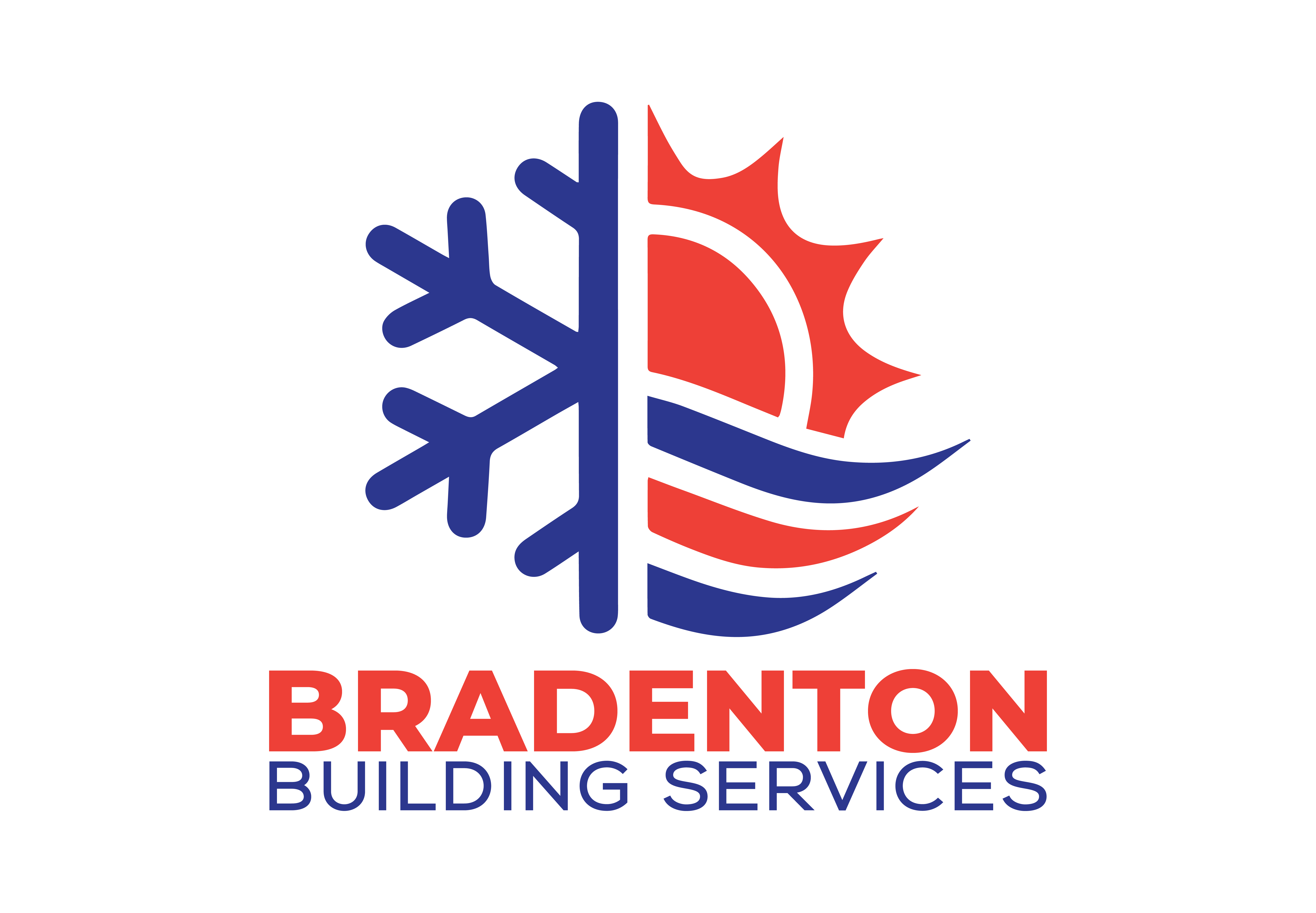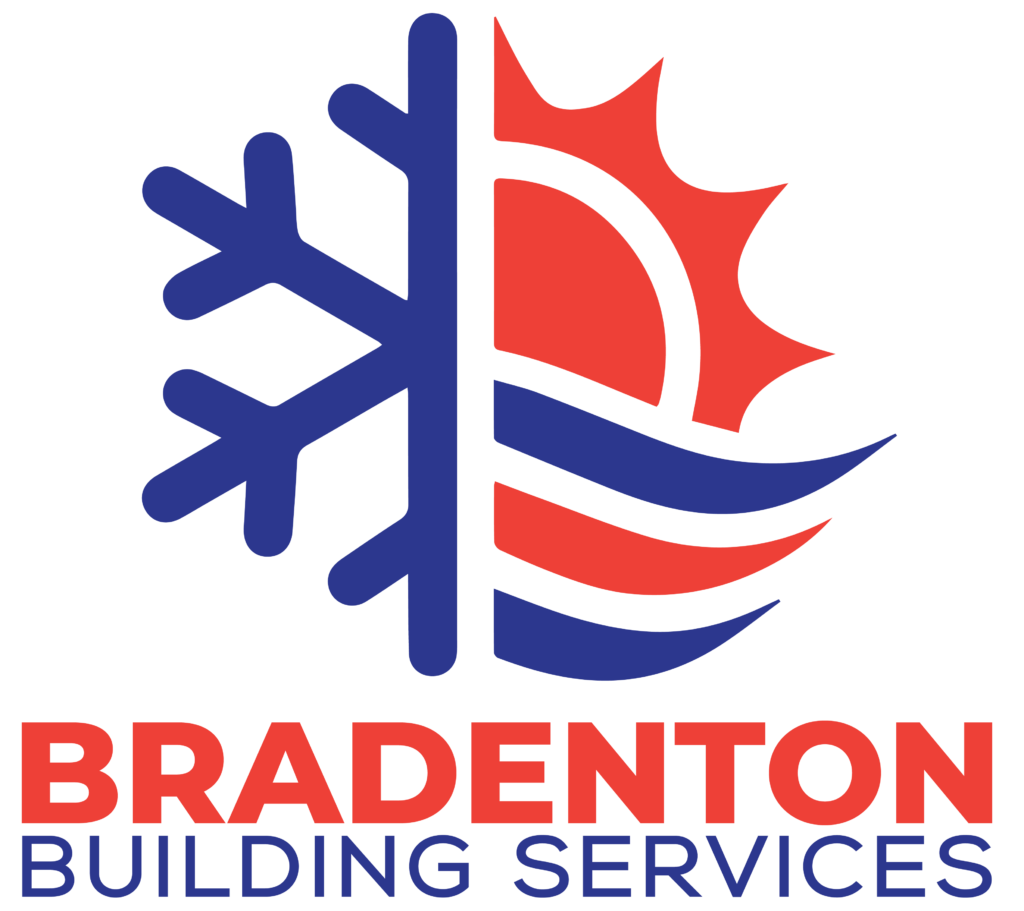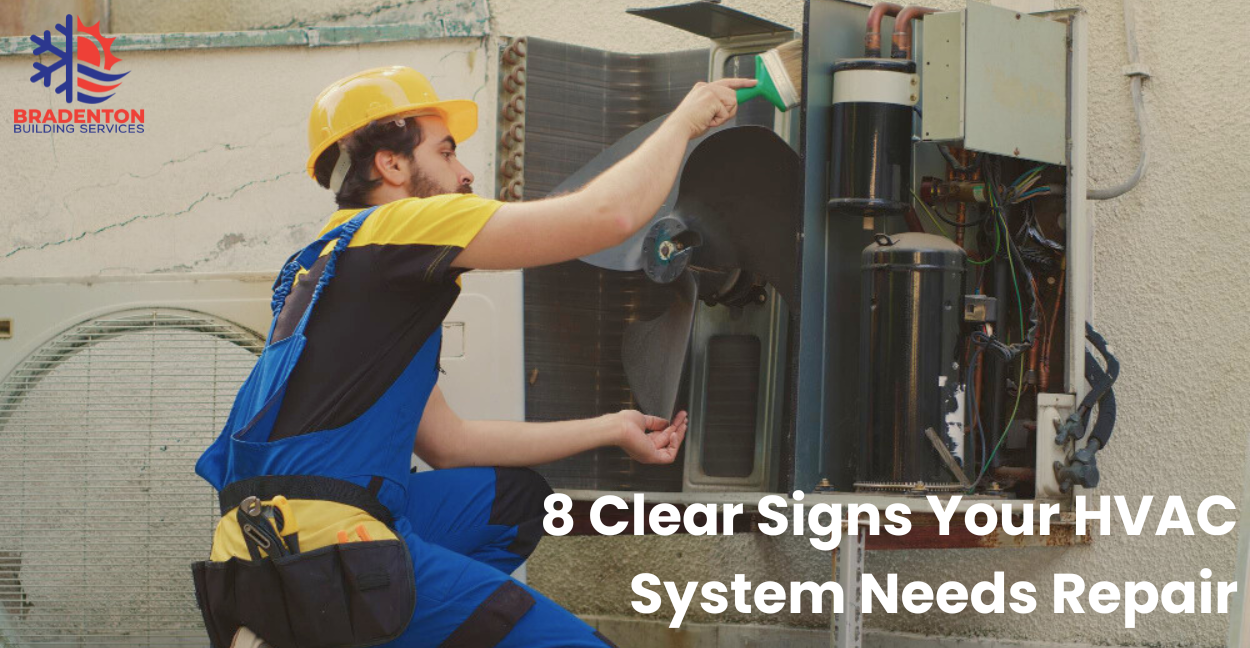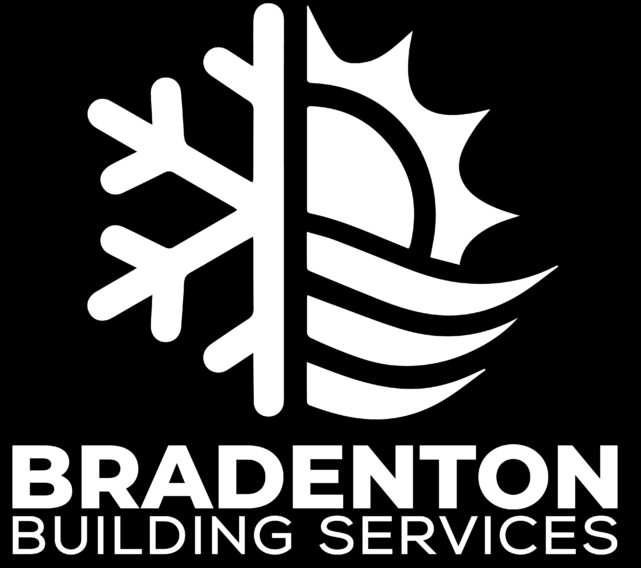HVAC systems are like the unsung heroes of our homes, quietly ensuring we stay comfortable no matter the weather outside. But what happens when these systems start showing signs of distress? Ignoring these signals can lead to bigger issues down the line. Let’s dive into some of the most common signs your HVAC system needs repair and what you can do about it.
What is an HVAC System?
An HVAC (Heating, Ventilation, and Air Conditioning) system is crucial for maintaining a comfortable indoor environment. It regulates temperature, humidity, and air quality. It’s not just about staying warm in winter and cool in summer; it’s about creating a healthy space for you and your family.
8 Common Signs Your HVAC System Needs Repair
1.) Unusual Noises
- Grinding: This sound can indicate a problem with the motor bearings or a broken component inside the unit. If you hear this noise, it may be a sign that your HVAC system is struggling to operate effectively, and it’s time for a professional inspection.
- Banging: A banging noise could suggest that there are loose or broken parts within the unit, such as a disconnected duct or a loose blower wheel. Ignoring this noise can lead to further damage.
- Squeaking or Squealing: These sounds often point to worn-out or damaged belts and bearings in the motor. It’s essential to address this early, as it can lead to a complete system failure if left unchecked.
- Hissing: A hissing noise could indicate a refrigerant leak, which can affect your system’s efficiency and cooling ability. This is a serious issue that requires immediate attention.
2.) Inconsistent Temperatures
- Hot and Cold Spots: If you notice some areas of your home are significantly warmer or cooler than others, this can be a sign of problems with ductwork or the HVAC system itself. Blocked vents, improperly sized ducts, or issues with the thermostat can all contribute to temperature inconsistencies.
- Thermostat Issues: If your thermostat is not accurately reading the temperature or is malfunctioning, it can lead to uneven heating or cooling. This can cause the system to run longer than necessary, leading to higher energy bills.
- System Overworking: If your system is struggling to maintain a consistent temperature, it can work overtime, leading to increased wear and tear. Addressing the root cause can improve your system’s efficiency and lifespan.
3.) Increased Energy Bills
- Unexpected Spikes: If you notice a sudden increase in your energy bills without a corresponding change in usage, your HVAC system may be working harder to maintain the desired temperature due to inefficiencies. This could be a sign of issues like dirty filters or failing components.
- Inefficient Cooling/Heating: An HVAC system that’s not functioning properly will consume more energy to perform the same job, leading to inflated utility costs. Regular maintenance can help prevent these inefficiencies.
- Comparison to Previous Bills: Keeping track of your energy usage can help you identify trends. If you see a significant jump compared to the same time last year, it might be worth investigating your HVAC system’s performance.
4.) Poor Airflow
- Weak Airflow from Vents: If the air coming from your vents feels weak or nonexistent, this could indicate a problem with the ductwork or blower fan. Clogged filters, blocked ducts, or issues with the fan can all hinder airflow.
- Filter Maintenance: Regularly checking and replacing air filters is crucial for maintaining good airflow. A clogged filter restricts airflow, forcing the system to work harder and potentially leading to overheating or breakdowns.
- Duct Obstructions: Inspect your ductwork for any visible obstructions, such as debris or kinks. Even minor blockages can significantly impact airflow and system performance.
5.) Bad Odors
- Musty Smells: A musty odor can indicate mold or mildew growth within the HVAC system or ducts, which can lead to health issues. If you smell something musty, it’s essential to have your system checked and cleaned promptly.
- Burning Smell: If you notice a burning smell, it could indicate that electrical components are overheating or that there’s a problem with the wiring. This is a serious concern and should be addressed immediately.
- Chemical Odors: A chemical smell may indicate a refrigerant leak, which can be hazardous. If you detect a strong chemical odor, turn off the system and call a professional right away.
6.) Performance Issues
- Frequent Cycling: If your HVAC system turns on and off frequently, it may be short-cycling due to an oversized unit or a malfunctioning thermostat. This can lead to increased wear and tear on the system.
- Humidity Problems: An HVAC system should help maintain a comfortable humidity level. If your home feels excessively humid or dry, it could indicate a malfunctioning system that needs repair.
7.) System Cycles Frequently
- Short-Cycling Symptoms: If your system runs for a few minutes and then shuts off, only to turn back on shortly after, this is known as short cycling. It can cause increased energy bills and wear out your system quickly.
- Potential Causes: Short cycling can be caused by a dirty air filter, an oversized unit, or a faulty thermostat. Identifying the cause can help restore normal operation.
8.) Humidity Problems
- Excessive Humidity: If your HVAC system isn’t effectively removing humidity from the air, it can lead to discomfort and promote mold growth. You may notice condensation on windows or walls as a result.
- Dry Air: Conversely, if the air in your home feels excessively dry, it can lead to health issues like dry skin and respiratory problems. This could indicate a problem with the system’s humidity control features.
Don’t Let Issues Escalate! If you’ve noticed any signs that your HVAC system needs repair, don’t hesitate to act! Ignoring these issues can lead to higher energy bills, reduced comfort, and even safety hazards. Our expert technicians at Bradenton Building Services are ready to diagnose and resolve any problems quickly and efficiently. Call us today for a free consultation and let us help you restore comfort and safety to your home!
Impact of Delaying HVAC Repairs
Increased Repair Costs
Delaying HVAC repairs often leads to increased repair costs due to the compounding nature of issues. When a minor problem, like a small refrigerant leak or a malfunctioning thermostat, is left unaddressed, it can escalate into a much larger issue that requires significant investment to resolve. For instance, what might have been a simple seal replacement could eventually lead to a complete compressor failure, which is one of the most expensive components to replace. By postponing necessary repairs, homeowners not only risk the initial issue worsening but also increase the likelihood that additional parts will wear out or become damaged as a result of the system’s continued improper functioning. Consequently, a small repair can quickly turn into a cascade of expenses that might have been easily avoided with timely action.
Decreased Energy Efficiency
Another significant impact of delaying HVAC repairs is a noticeable decrease in energy efficiency. An HVAC system that isn’t operating at peak performance will require more energy to maintain the desired temperature, leading to higher utility bills. For example, a dirty air filter restricts airflow, causing the system to work harder and run longer than necessary, which inflates energy consumption. As this inefficiency persists, homeowners may see a steady increase in their monthly utility costs, which can add up substantially over time. Moreover, the longer a system runs inefficiently, the more likely it is to sustain long-term damage. This can create a vicious cycle: the more the system struggles, the more energy it consumes, and the greater the wear and tear, further exacerbating the problem.
Reduced Comfort Levels
Delaying repairs can significantly impact the comfort levels within your home. An HVAC system with unresolved issues often leads to inconsistent heating and cooling, creating uncomfortable living conditions. For instance, you might find that some rooms are too hot while others remain uncomfortably cold, making it challenging to maintain a pleasant atmosphere throughout your space. Additionally, issues like dirty filters can lead to poor indoor air quality, which affects not just comfort but also health. Over time, this deterioration can result in respiratory problems or allergy flare-ups, particularly for vulnerable individuals. By postponing necessary repairs, you are essentially tolerating discomfort that can disrupt your daily routine and overall quality of life.
Shortened System Lifespan
One of the long-term impacts of delaying HVAC repairs is the potential for a shortened system lifespan. Neglecting repairs places excessive strain on the HVAC components, leading to accelerated wear and tear. For instance, when a blower motor operates overtime due to a blocked filter, it can fail much sooner than expected. Typically, an HVAC system can last between 15 to 20 years, but with continuous neglect of repairs, that lifespan can be drastically reduced. Ultimately, homeowners who fail to address issues promptly may find themselves facing the financial burden of replacing an entire HVAC system much sooner than anticipated. This not only involves a significant upfront cost but also disrupts your comfort during the transition period.
Potential Safety Hazards
Delaying HVAC repairs can pose serious safety hazards that no homeowner should ignore. When electrical components or parts that are overheating are left unchecked, there is a substantial risk of fire. For example, frayed wires or overheating motors can ignite nearby flammable materials, endangering your home and family. In systems powered by gas, failing to address performance issues can lead to even more dangerous situations, such as gas leaks. Gas leaks can create a hazardous environment, leading to potential explosions or serious health risks. Therefore, delaying repairs can create a dangerous situation, making it critical to address any signs of malfunction promptly.
Are you tired of inconsistent temperatures and high utility bills? It’s time to take control of your home’s comfort! Delaying repairs can lead to more significant problems down the line. Reach out to Bradenton Building Services for a thorough evaluation of your HVAC system. Our experienced team is dedicated to providing top-notch service and solutions that meet your needs. Don’t wait—contact us today to learn more about our professional commercial HVAC services in Manatee and Sarasota and experience the difference!
FAQs
1.) How often should I have my HVAC system serviced?
It’s generally recommended to have your HVAC system serviced at least once a year. This annual maintenance should ideally occur before the heating or cooling season begins—typically in the spring for air conditioning systems and in the fall for heating systems. Regular servicing helps to identify and resolve potential issues before they become serious problems, ensuring your system operates efficiently. If you live in an area with extreme weather conditions, or if your system sees heavy use, you might consider more frequent inspections, such as biannual checks. These proactive measures not only prolong the lifespan of your HVAC system but also enhance energy efficiency and maintain comfortable indoor temperatures.
2.) What are the common signs that my HVAC system needs repair?
Common signs that your HVAC system requires repair include inconsistent temperatures throughout your home, unusual noises such as banging or hissing, strange odors when the system is running, and increased energy bills without any change in usage. Additionally, if you notice that the system frequently cycles on and off, it could indicate a malfunction. Another red flag is the presence of moisture or leaks around the unit, which may suggest refrigerant issues or drainage problems. Recognizing these signs early can help you address problems before they escalate into costly repairs.
3.) Can I perform HVAC repairs myself, or should I hire a professional?
While some minor maintenance tasks, such as changing air filters and cleaning vents, can be performed by homeowners, most HVAC repairs should be left to professionals. HVAC systems are complex, and improper repairs can lead to further damage or safety hazards. Hiring a qualified technician ensures that the diagnosis and repairs are handled correctly, following industry standards and regulations. Additionally, professional technicians have access to specialized tools and parts that may not be readily available to the average homeowner, ensuring that repairs are effective and reliable.
4.) What are the benefits of regular HVAC maintenance?
Regular HVAC maintenance offers numerous benefits, including improved energy efficiency, increased system lifespan, and enhanced indoor air quality. By scheduling routine inspections, you can identify and resolve small issues before they escalate, which saves you money on major repairs. Maintenance also includes cleaning components, such as coils and filters, which allows the system to operate more efficiently, reducing energy consumption and costs. Moreover, regular maintenance can help prevent allergens and pollutants from circulating in your home, promoting a healthier indoor environment for you and your family.
5.) How can I improve the efficiency of my HVAC system?
To improve the efficiency of your HVAC system, consider implementing a few straightforward practices. First, regularly replace or clean your air filters to ensure proper airflow. This simple step can significantly enhance system efficiency. Additionally, sealing any air leaks around doors and windows will prevent conditioned air from escaping, making your HVAC system work less to maintain desired temperatures. Using programmable thermostats can also optimize your system’s efficiency by adjusting temperatures based on your schedule. Finally, scheduling regular professional maintenance will keep your system running smoothly, addressing any inefficiencies before they become bigger issues.




